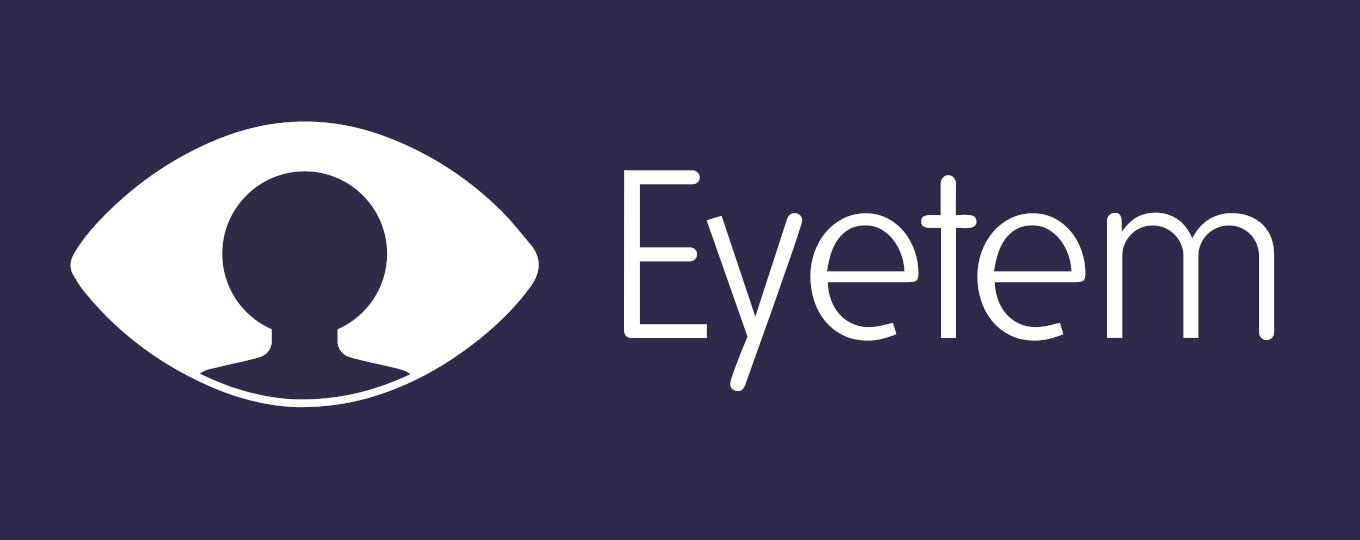Leveraging “Web 3.0” Technologies in the Trust-based Physical World with Eyetem
Over the past few years we have seen increasing discussion and postulation about decentralized technologies and how they relate to and can be incorporated within the World Wide Web and Internet. “Web 3.0” (Web3) is a term bandied about as a panacea for many of the perceived ills of the current internet and Web, addressing issues with data security, scalability, user privacy, and the consolidation of control by a few large companies and organizations. Examples of Web3 technologies include blockchain and token-based technologies, such as Bitcoin.
Bitcoin provides a decentralized digital currency exchange where multiple parties are required to validate the transfer of value between entities in a public ledger, called a blockchain. There is not a single authority that authorizes a transaction with Bitcoin, and all transactions are recorded on the Bitcoin blockchain. The public-facing nature of the blockchain contributes to accountability of payments that use Bitcoin, because anybody can see and verify transactions on the ledger. While not completely anonymous, the identities of recipients can sometimes be protected.
The Internet was originally designed with the principles of decentralization as a core tenet. The Internet Protocol (IP) facilitates data transfer between a source and destination through a heterogenous network of physically-dispersed computers with unreliable connections, but the secure protection of data transfer was implemented as an afterthought. Virtual Private Networks (VPN) and their underlying technologies address some of the concerns of data confidentiality through incorporation of encryption, but protecting the identity of the parties involved was not a consideration. Development of The Onion Router (Tor) takes the decentralized nature of internet communication and encryption one step further by obfuscating the source and destination of data through multiple levels of encryption. TOR enables anonymous communication, which is essential in situations when the protection of privacy is paramount.
Eyetem incorporates Web 3.0 decentralized technologies that enable resilient, privacy-focused communication of information and secure payment, while still functioning in a trust-based society where we rely on being able to collaborate and work with trusted entities in our communities, such as law enforcement, government organizations, non-profits, and businesses.
